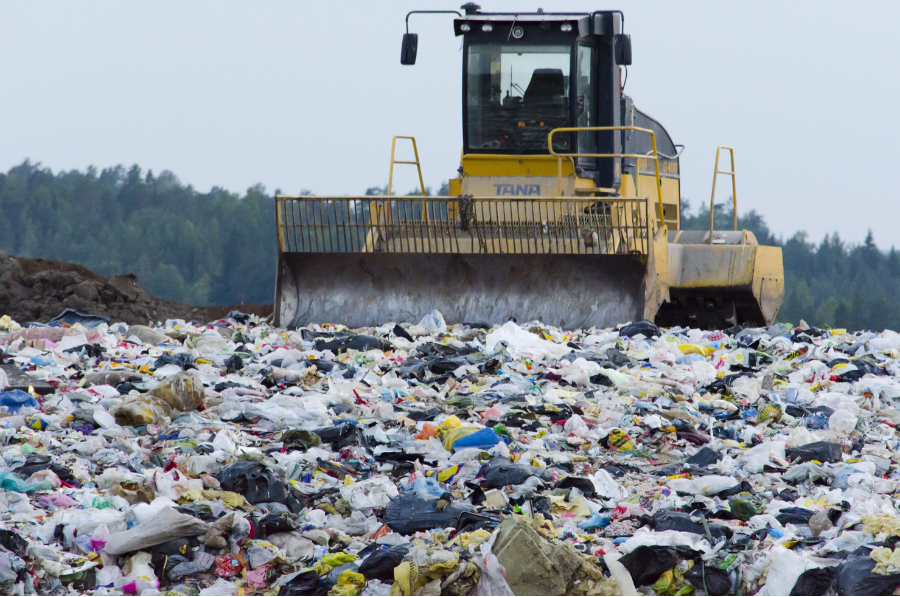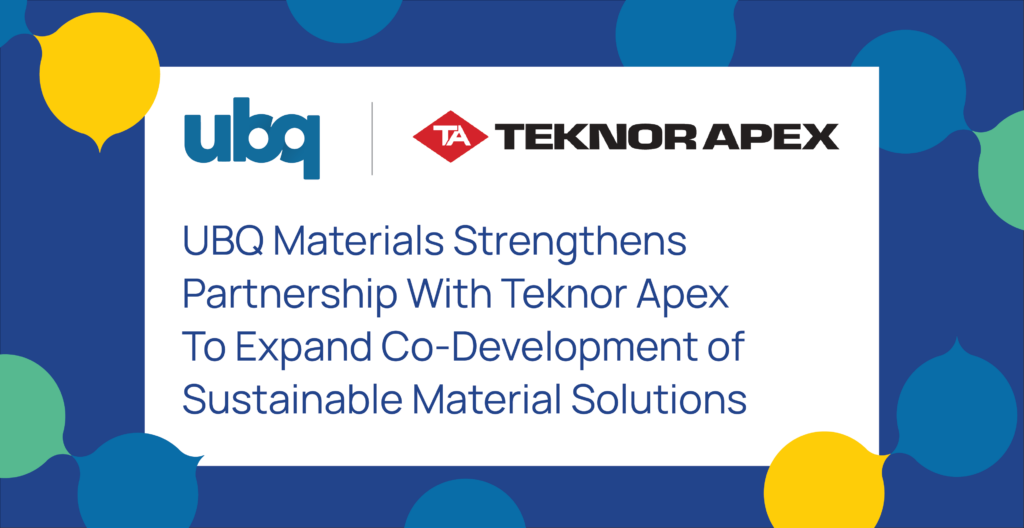Many cities and states in the United States could soon be facing a serious waste crisis because their projected waste landfill capacity is quickly reaching end-of-life, and the situation is especially challenging in New York, Connecticut, Massachusetts, New Hampshire, Vermont, and Maine.
Also, in many cases, incinerators are operating at maximum capacity, which represents another challenge because one of the concerns about the use of incinerators to reduce the volume of waste is the quantity of particles and potentially harmful pollutants they emits based on what is being burned.
Addressing this challenge, local governments are appropriately concentrating on cutting down waste production by rolling out upstream initiatives such as waste bans, educational, and donation programs. Nonetheless, to effectively close the loop in the short term, a significant emphasis must also be placed on enhancing recycling infrastructure which currently falls short.
For example, while Massachusetts Department of Environment (MassDEP) data indicates a 3.5% decrease in overall waste disposal between 2021 and 2022, exports of municipal waste surged by 31.4% in the same timeframe.
According to the report published by Perlmutter Associates with Zero Waste Associates and The Center for EcoTechnology, Boston’s residential sector generated 240,283 tons of materials (recycled + disposed) in FY 2017; the recycling rate was 21%. Seventy-seven percent of Boston’s disposed trash is recyclable or potentially recyclable.
As stated by the report, Boston has a large number of facilities that manage its recycling, reuse, organics, and special materials. These include materials recovery facilities (MRFs); food rescue and donation; reuse and repair facilities; construction, demolition, and deconstruction recycling facilities; and composting facilities. However, issues such as contamination of recyclables, shortage of workers -especially drivers and manual labor, and the fact that waste reduction companies are operating on small footprints, among others, are important challenges that need to be addressed as soon as possible.
What to do with the waste
Municipal solid waste (MSW), often referred to as trash or garbage, encompasses a variety of items discarded from residential, commercial, and institutional sources. As defined by the United States Environmental Protection Agency (EPA), MSW includes everyday objects such as leftovers, product packaging, yard trimming, furniture, clothing, bottles, cans, newspapers, appliances, electronics, and batteries.
After the initial separation, where the recyclable waste is removed, what is left is considered residual municipal waste (RMW), mixed household waste that cannot feasibly be recovered and is sent to landfills or incinerators.
Furthermore, RMW contains substantial quantities of post-consumer food waste, which the EPA recognizes as a primary source of methane emissions in landfills. Regrettably, traditional organic recycling infrastructure, like composting and anaerobic digestion (AD) struggles to effectively handle these mixed streams, often resulting in their disposal.
UBQ Materials offers an innovative technology to process the RMW using an environmentally friendly and energy-efficient conversion process. This process turns waste, which would otherwise be harmful to the planet, into a climate-positive, bio-based material. This material not only removes and avoids greenhouse gas emissions, but also reduces dependence on fossil-fuel based plastics and other finite resources, fostering a solid circular economy.
Presenting a chance for a systematic change in the way we handle our natural resources, this approach promotes domestic economic growth and job development from wasted materials, rather than them being a financial and environmental strain.
MassRecycle 2024
UBQ Materials will be participating in the 2024 MassRecycle Conference & Trade Show, set to take place in-person on March 19th at the Best Western Royal Plaza Hotel & Trade Center in Marlborough, Massachusetts. This event is an important avenue for waste management, sustainability, and recycling professionals, offering a unique platform to discuss the latest trends, challenges, and solutions in their regional recycling and waste management industry.
We are particularly excited about the opportunity to share our groundbreaking work in converting mixed household waste into a bio-based, sustainable material with unique and complementary functionality and performance. Our participation at MassRecycle 2024 is a testament to our commitment to sustainability and our belief in the power of collaboration with local players to drive impactful environmental change.
The event will allow us to demonstrate the practical applications of our UBQ™ material, showcasing its straightforward integration into existing manufacturing processes. This is a chance for us to connect with local Massachusetts industry leaders, policymakers, and recycling entrepreneurs to explore new paths and collaborations for UBQ, as we aim to broaden out technology’s reach and impact to global markets.


